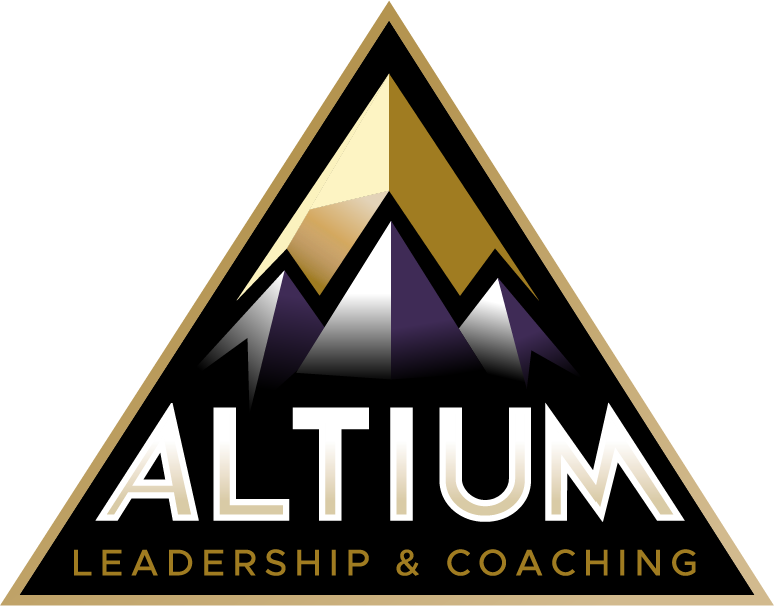TEAM DIAGNOSTIC™ MODEL WORKSHOP AND DIAGNOSTIC REPORT
1-2 Days
Years ago, management guru Peter Drucker said, “Effective leadership is not about making speeches or being liked; leadership is defined by results not attributes.”
This report is a stepping-stone in the development of leadership through impact on team performance. The report is based on the Team Diagnostic™ model and diagnostic report, used by thousands of teams worldwide. The report provides you, the leader, with a way to measure your view of the strengths of the team based on 14 factors in the model; these are common sense, research-verified qualities necessary for effective leadership and effective team results.
Teams of course, come in a variety of forms and structures; they are dynamic systems of individuals, interacting to achieve a common mission. The more aware you are of the strengths and challenges of your team the more effective you can be in your role as leader.
It’s been said many times, “What gets measured gets done.” This Team Leader View™ provides a baseline and map for team development and in the process, your leadership development. It gives you a point in time reference, insight, and direction for improving team results and your practice of leadership.

The Goal
Strong teams through strong team leadership.
From the organization’s point of view, teams exist to produce results. That is the measure that makes a difference. It is this goal that drives every aspect of the team’s life from inception onward. Teams are constantly monitored against results delivered. But a focus on output alone tells only half of the story for high performing. The most successful and most effective teams in producing results are teams that have developed the ability to be sustainable as well. There are times in the life of any team when 100% of the focus must be on the task, the deadline and the deliverables. But the intensity of the heat of that focus is not sustainable. Burn out is the predictable result and teams that are burned out eventually disappoint when it comes to achieving results.
The question to ask then is, “What are the essential factors that go into creating a high-performing sustainable team?”
Course Benefits
Identify characteristics of effective teams: Identity, Mission/purpose, Goals, Roles, Agreements, Commitment.Identify the conditions necessary for a team to be productive. Understand the conditions necessary for engaged, collaborative team performance. The word “Positivity” is borrowed from Daniel Goleman’s work with Emotional Intelligence. It means the ground conditions support team interaction; it does not mean everyone is happy. The team will come away with an action plan on how to move forward. The process includes a follow-up survey and report to measure the change in team dynamics and strengths
